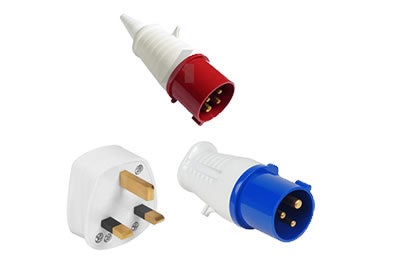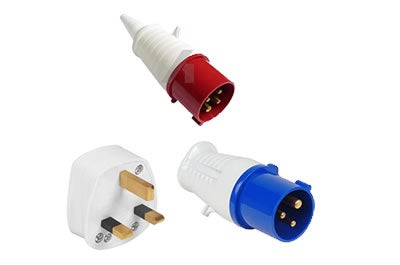
Choosing the right glass washer for your application
Camlab can offer a wide and varied choice of glass washers from SMEG, Miele and our own Camlab CUB and Maxi ranges. There are quite a few considerations when making a purchase to ensure that your glass washer meets expectations and is suitable for your application.
Choosing the right glass washer for your application
Capacity Required
One of the first questions to ask yourself is how big does my glass washer need to be? If you have a limited amount of glassware of limited types like beakers, flasks and measuring cylinders and they need to be clean to use for routine laboratory applications then a standard under-bench version will be suitable.
For large diverse quantities of glassware a larger capacity glasswasher will be required with customisable programming depending on the glassware that is being washed. Different baskets and trays are available to accomodate different glassware to also allow extra flexability and the ability to wash different glassware in a customisable program.
For larger glassware with higher purity rinsing, on an industrial scale then one of the large capacity glasswashers would be required. The larger units have the ability to be used as pass-through glass washers so that double doors allow the 'dirty' glassware to be loaded from one side and 'clean' glassware removed from the other side.
How clean do i need my glassware?
Day to day basic washing requires a basic glasswasher with no special programming or a deionised rinse cycle. Most of our basic glasswashers fall into this category.
If the glassware needs to be superclean then a deionised final rinse stage is required, and this will need to be taken into account when purchasing. Our Professional range will be suitable for this as extra pumps may be required for liquid detergent, neutraliser deionised rinsing.
For glassware that is used in highly controlled environments then you need to consider a glasswasher that has the ability to use high temperature, liquid detergents and have a print out of the glass washer cycle to prove the glassware has been washed to the recognised standard that is required.
Camlab have an F16 check list that requires completion before we will quote for a glass washer to ensure that we provide you with the best solution for your laboratory.
Power and water
The next thing to consider is power and water availability.
- Do you have access to hot water or only a cold feed?
- How far away is the water feed from the glasswasher?
- What water pressure do you have?
- What power feed to you have available?
- 13 amp single phase is the normal UK plug socket
- 30 amp single phase
- 16 amp three phase
Camlab would need to know what the power source is so we can make sure the glasswasher is compatible and that it will physically connect to the power supply available on site.


Types of plug connector available
Choosing your detergents
Choosing the right detergent will determine how clean your glassware really is. The concentration of detergent will also have an affect on the outcome. Camlab can provide detergents from all leading manufacturers and we have our own range of detergents and neutralising agents. With the professsional range customised programs allow you to alter the washing time and temperature to suit your needs, and the ability to perform deionised water rinses at the end of the cycle to aid drying and produce cystal clean glassware.

